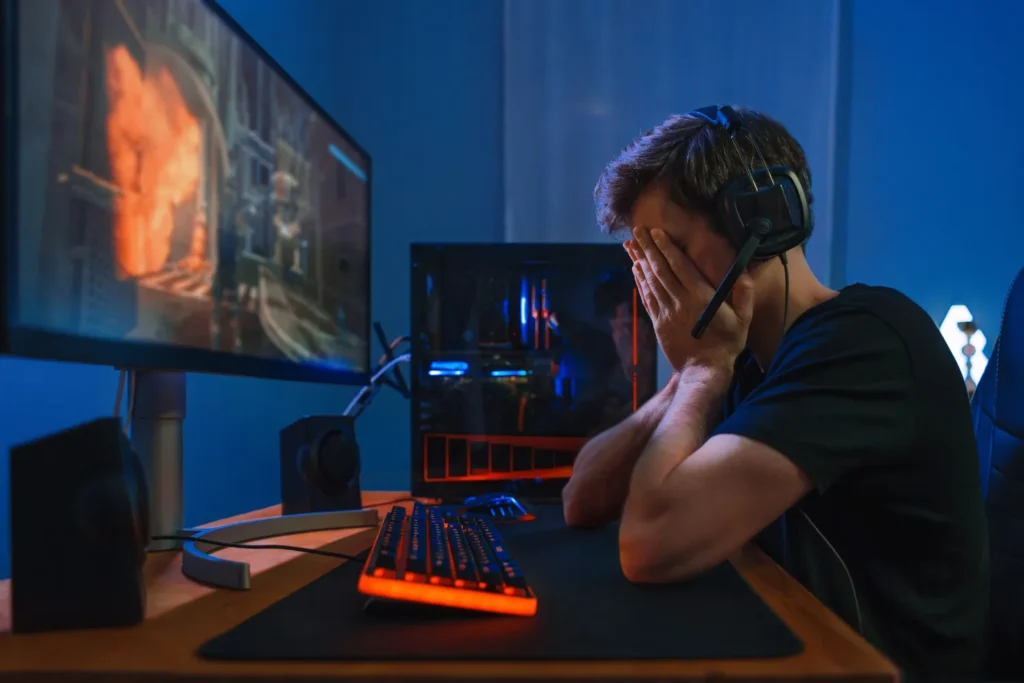The ever-evolving video game industry is now facing a significant challenge: cybersecurity. While development studios strive to create immersive and innovative gaming experiences, they must also protect their intellectual property and sensitive data from increasingly sophisticated cyberattacks. A major data breach in October 2024 shook the industry, highlighting the urgent need to strengthen security measures. In this article, we will analyze the attack suffered by Game Freak, the renowned developer of the Pokémon series, and explain why video game studios are prime targets for cybercriminals.
Game Freak: A Data Breach That Shook the Industry
In October 2024, Game Freak, the developer behind the iconic Pokémon franchise, fell victim to a major data breach. This attack exposed sensitive information about ongoing projects as well as personal data of the company’s employees. The incident revealed how vulnerable video game studios are to cyberattacks and underscored the severity of the potential consequences, both financially and reputationally.
The leaked data included details about unannounced game projects, giving cybercriminals exclusive insights into innovative concepts and source codes that could potentially be exploited or sold on the dark web. In addition to the loss of confidential information, the company’s reputation suffered, which could have long-term repercussions on consumer and partner trust.
This incident highlights the pressing need for video game studios to implement robust cybersecurity measures to protect their digital assets. As the industry continues to grow, it has become clear that cyberattacks are no longer a question of « if » but « when. »
Why Are Video Game Studios Prime Targets?
Video game studios are attractive targets for cybercriminals for several key reasons. The nature of their work, combined with the value of the information they hold, makes them particularly vulnerable. Here are some reasons why these companies are in the crosshairs of attackers:
- Sensitive Intellectual Property Video game studios possess invaluable intellectual property. Game development projects, source codes, and game concepts are crucial to their success. Cybercriminals seek to exploit this high market value by stealing such information to resell, use in rival projects, or manipulate for malicious purposes. The Game Freak data breach, which revealed details about unannounced projects, clearly illustrates how sought-after this information is.
- Personal Data Video game studios collect a significant amount of personal data, both from their employees and their users. Employee information, such as IDs, home addresses, and bank account details, can be sold on the dark web. Likewise, player data — including payment information and gaming histories — represents a goldmine for cybercriminals. These data sets can be used in future attacks or sold to other malicious actors.
Attacks aimed at stealing this data have serious consequences. Not only do users risk having their personal information compromised, but studios also face fines, lawsuits, and a loss of trust that can damage their long-term reputation.
- Service Disruption Certain cyberattacks target the disruption of video game studios’ services, including multiplayer servers and distribution platforms. For instance, cybercriminals may use Distributed Denial of Service (DDoS) attacks to cripple servers, preventing players from accessing online games. These attacks can last for hours or even days, causing substantial financial losses for studios that rely on online activity.
Moreover, by disrupting digital distribution platforms like Steam, Epic Games Store, or PlayStation Network, attackers can create massive disorganization and harm a company’s image. The consequences can be especially severe for studios that depend on online sales to generate revenue.
Strengthening Cybersecurity in the Video Game Industry
In the face of rising cyberattacks, it is crucial for video game studios to adopt preventive measures to protect their sensitive information. Here are some key strategies to strengthen cybersecurity in this rapidly growing industry:
- Data Encryption: Studios must implement encryption systems to secure their confidential data, including employee information and ongoing projects. This prevents attackers from exploiting intercepted data.
- Multi-Factor Authentication (MFA): MFA is an effective way to secure internal accounts and servers. By requiring multiple forms of identification (such as a password and a code sent via SMS), it becomes much harder for cybercriminals to access sensitive systems.
- Continuous Monitoring: Studios should adopt continuous monitoring solutions to quickly detect any intrusion attempts. Intrusion detection tools help identify attacks in real-time and respond immediately.
- Employee Training: Training staff in cybersecurity is essential to prevent phishing attacks and other forms of social engineering. Employees must be aware of potential risks and educated on best practices to avoid compromising company systems.
Conclusion
The Game Freak incident in October 2024 served as a wake-up call for the video game industry, emphasizing the importance of cybersecurity in this thriving sector. As cyberthreats grow, it is crucial for development studios to take proactive steps to protect their digital assets and sensitive data. Cybersecurity is no longer an option but a necessity to ensure the longevity and reputation of video game studios.
Are you a video game studio looking to strengthen the security of your projects? Contact us today to learn how to safeguard your digital creations against cyber threats.

